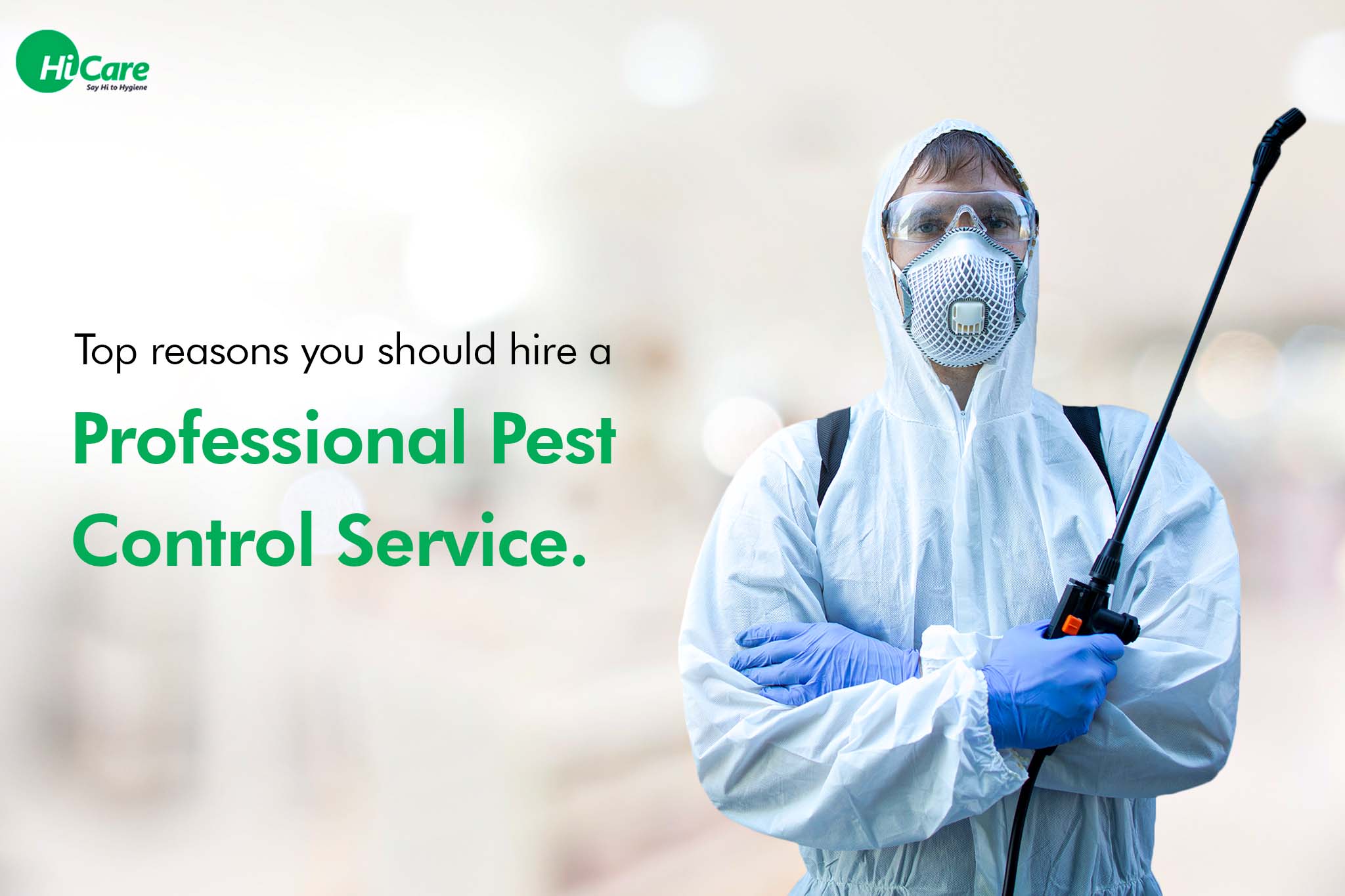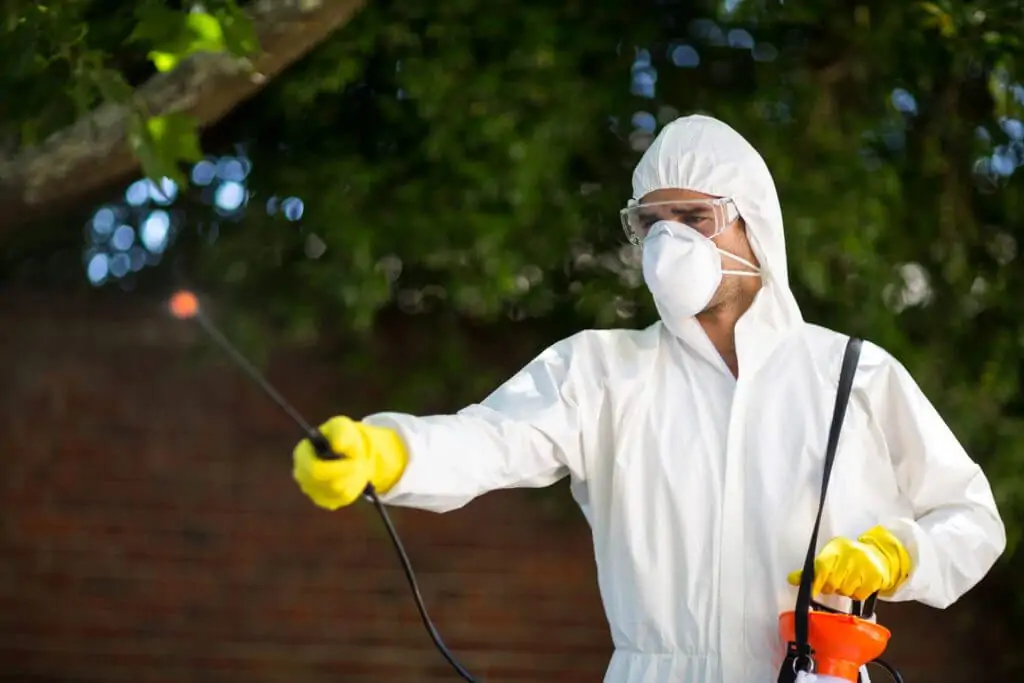Pest Control Clovis Professionals: Securing Your Family Members and Home
Wiki Article
Recognizing the Various Techniques to Pest Control: A Comprehensive Guide

All-natural Bug Control Approaches
Using eco-friendly techniques such as companion planting and organic parasite control is important for efficiently managing pests in agricultural setups. Friend planting entails expanding different crops in proximity to deter parasites, boost nutrient uptake, and enhance total plant health and wellness. As an example, planting marigolds alongside tomatoes can help repel nematodes. In a similar way, intercropping maize with vegetables can disrupt the breeding patterns of pests like corn borers.Organic pest control entails introducing all-natural predators or microorganisms to control pest populaces. Ladybugs, for instance, eat aphids, controlling their numbers without the requirement for chemical pesticides. An additional example is the usage of Bacillus thuringiensis (Bt), a bacterium that targets details insect pests while being safe to human beings, animals, and useful bugs.
These environment-friendly methods not just decrease the reliance on artificial chemicals however likewise help preserve biodiversity and soil health. By including natural insect control approaches into farming practices, farmers can accomplish lasting pest monitoring while minimizing adverse effect on the environment.

Chemical Insect Control Solutions
In enhancement to natural parasite control approaches, the utilization of chemical pest control options plays a substantial function in effectively taking care of pest populaces in farming environments. Chemical parasite control services are developed to target particular parasites that might create substantial damages to plants. These remedies usually include synthetic pesticides that are developed to remove bugs rapidly and successfully.Among the crucial benefits of chemical bug control options is their efficiency in managing bug invasions on a big scale. Farmers can use these remedies making use of different techniques such as spraying, fumigation, or seed therapy to shield their plants from dangerous bugs, weeds, and diseases. Additionally, chemical parasite control options are fairly easy to use and can supply fast results, helping farmers guard their returns and reduce financial losses.
However, it is essential to make use of chemical insect control remedies carefully to minimize prospective negative effects on the environment, non-target organisms, and human wellness. Appropriate application strategies, adherence to security standards, and regular tracking are crucial to make sure the responsible use chemical parasite control options in agricultural methods.
Organic Pest Control Approaches
Biological parasite control comes close to leverage natural killers or pathogens to handle parasite populations in agricultural setups properly. This method uses a green and sustainable service to pest monitoring, decreasing the dependence on artificial chemicals and minimizing harm to the atmosphere. One typical organic control strategy is the intro of natural adversaries, such as ladybugs or parasitic wasps, to target particular bugs. These killers eat the parasites, aiding to control their populations naturally - pest control clovis.Another organic control technique entails utilizing pathogens like bacteria, fungi, or infections to infect and kill parasites. Generally, organic insect control approaches offer a lasting and targeted solution to pest administration in farming.
Integrated Insect Monitoring (IPM)
Integrated Pest Administration (IPM) is a comprehensive technique that combines various insect control strategies to successfully take care of and minimize pest populations in farming systems. IPM concentrates on long-term prevention of bugs via a this contact form mix of biological, social, physical, and chemical control approaches. By incorporating these different methods, IPM intends to lower dependence on chemical pesticides, minimize environmental effect, and advertise lasting parasite management practices.
One secret element of IPM is making use of organic controls such as all-natural killers, bloodsuckers, and virus to manage parasite populaces. This method harnesses the power of nature to maintain a balance between insects and their natural enemies without triggering damage to the environment.
Furthermore, IPM entails cultural techniques like plant habitat, turning, and hygiene adjustment to create negative conditions for parasites and interrupt their life process. YOURURL.com Physical controls such as mulches, traps, and barriers are also made use of to avoid pest invasions.
Physical and mechanical Pest Control Methods
Making use of non-chemical approaches, such as physical and mechanical parasite control methods, is a vital aspect of thorough bug monitoring methods, building on the foundation of Integrated Bug Monitoring's holistic technique. Mechanical insect control includes the usage of physical barriers or catches to stop pests from accessing and damaging plants or frameworks. This method can consist of techniques like setting up screens on windows, using row covers in farming, or using sticky traps to capture bugs.Physical parasite control approaches, on the various other hand, focus on straight removing bugs through physical means. Utilizing warm treatments to get rid of bed bugs or vacuuming up insects like crawlers or ants can be reliable means to handle infestations without the usage of chemicals. By including these mechanical and physical bug control strategies into an Integrated Pest Management plan, professionals and people can decrease reliance on chemicals while still efficiently lessening and handling pest populations damages.
Conclusion

In enhancement to natural parasite control techniques, the utilization of chemical bug control solutions plays a substantial function in efficiently taking care of pest populations in farming atmospheres.One of the vital advantages of chemical bug control solutions is their efficiency in controlling bug problems on a big range.Integrated Insect Administration (IPM) is a detailed strategy that incorporates different insect control methods to properly manage and reduce pest populaces in agricultural systems.Utilizing non-chemical methods, such as mechanical and physical parasite control techniques, is a crucial facet of comprehensive insect management strategies, building upon official site the foundation of Integrated Pest Management's alternative technique. By including these mechanical and physical bug control strategies right into an Integrated Pest Administration strategy, people and specialists can decrease reliance on pesticides while still successfully taking care of pest populaces and minimizing damages.
Report this wiki page